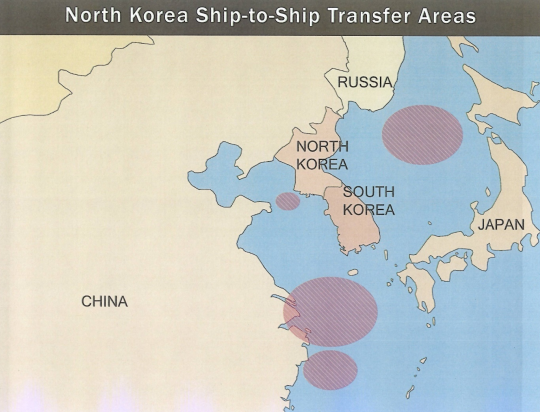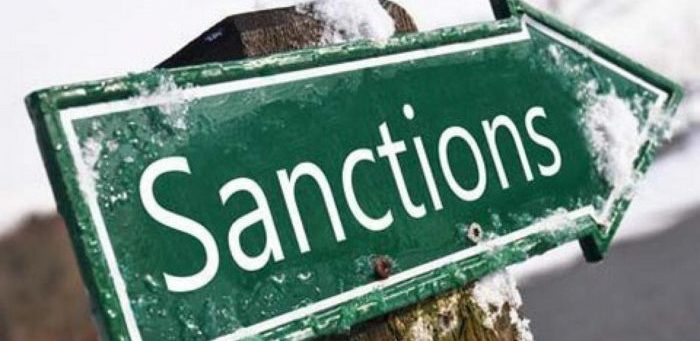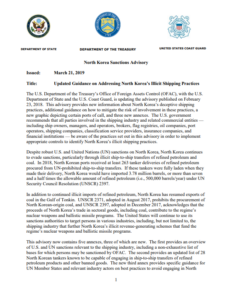The US Department of the Treasury’s Office of Foreign Assets Control (OFAC), the US Department of State and the US Coast Guard, updated information on North Korean sanctions, providing additional guidance on how to mitigate the risk of involvement in North Korea’s deceptive shipping practices.
The US government recommends that all parties involved in the shipping industry and related commercial entities — including ship owners, managers, and operators, brokers, flag registries, oil companies, port operators, shipping companies, classification service providers, insurance companies, and financial institutions — be aware of the practices set out in this advisory in order to implement appropriate controls to identify North Korea’s illicit shipping practices.
The US, along with Australia, Canada, France, Italy, Japan, and the United Kingdom, have highlighted these deceptive practices at the IMO to call all IMO Member States’ attention to these deceptive shipping practices, and to remind all Members States of the requirements and guidance contained in relevant IMO instruments.
The IMO consequently issued Circular MSC.1/Circ. 1602 on 5 March 2019, to call the attention of all Member States and other maritime industry stakeholders to North Korea’s practices.
The US requests that UN Member States, port state control authorities, and flag registries provide this advisory to all relevant persons in their jurisdictions.
North Korea’s Deceptive Shipping Practices
According to the US, the following are tactics used by North Korea and other illicit actors to obfuscate the identities of vessels and cargo, including origin and destination:
- Disabling Automatic Identification System (AIS)
- Physically Altering Vessel Identification
- Ship-to-Ship Transfers

- Falsifying Cargo and Vessel Documents
- Manipulating AIS
Risk Mitigation Measures
North Korea’s deceptive practices are intended to circumvent existing sanctions compliance controls used by the shipping industry and other actors involved in shipping-related transactions, such as insurance companies and financial institutions. The following measures may mitigate the risks posed by North Korea’s deceptive shipping practices:
- Research a Ship’s History to Identify Regular AIS Manipulation
- Monitor for AIS Manipulation and Disablement
- Promote Continuous AIS Broadcasts
- Petroleum Supply Chain Due Diligence
- Conduct Research Prior to Ship-to-Ship Transfers
- Review All Applicable Shipping Documentation
- Clear Communication with International Partners
- Leverage Available Resources
Penalties for Violations of US and UN Sanctions Regimes
Persons that violate US sanctions with respect to North Korea may face civil monetary penalties and criminal prosecution. Each violation of U.S. sanctions on North Korea is subject to a civil monetary penalty of up to the greater of $295,141 or twice the value of the underlying transaction.
The UNSC’s 1718 Committee may require a Member State to deregister a ship designated by the UN for sanctions evasion and may also direct that Member States prohibit the vessel from entering their ports. If there are reasonable grounds to suspect that a ship is carrying UN-prohibited cargo, a UN Member State may inspect the ship on the high seas with the consent of the flag state.
The flag state may also direct the vessel to proceed to a specific port for inspection. Vessels whose registration cannot be confirmed or that are deregistered by the flag state may be treated as a vessel without nationality and be subject to the laws of the nation conducting the inspection.
Find out more herebelow:





























































